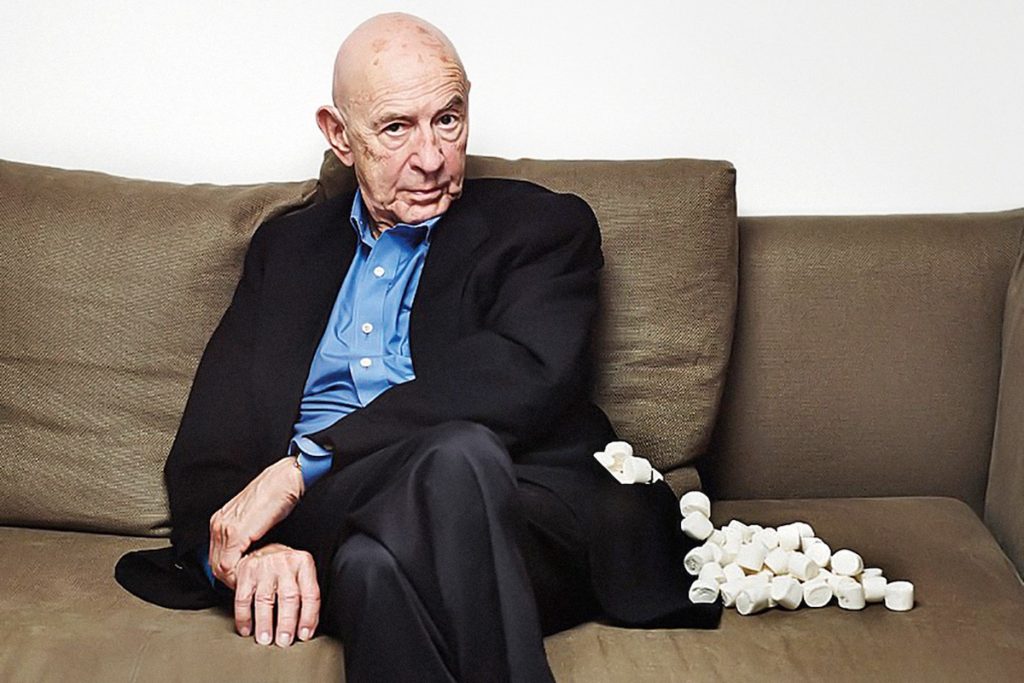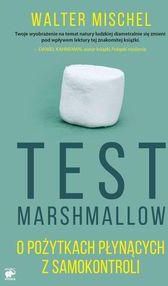


Coordinated by Ozlem Ayduk at Berkeley and Ian Gotlib at Stanford, many have returned to Stanford for fMRI scans and have completed tests on laptops mailed out to them all over the US and even abroad.Ĭlaudia Hammond meets Walter Mischel and hears from his former colleagues at Stanford, Al Bandura and Gordon Bower. Now the original Marshmallow Test children are middle-aged and still being followed up in one of psychology's longest-running studies. Following the same cohort at 10-year intervals, he's shown that those who were able to hang on for two marshmallow were less likely to drop out of college, use cocaine, or even go to prison.

Hearing by chance how these 4-year olds were getting on in high school years later, Mischel realized that whether or not they'd been able to resist eating one marshmallow in order to get two was now showing a strong correlation with their achievements at school, and even with whether or not they were over-weight. Over 6 years he asked more than 300 4-year-olds to decide whether to have one marshmallow right now, or wait and get two, and he examined the cognitive processes which enabled some children to wait.

Seeking to understand how the impulsive behaviour of his own three daughters at age 3 became increasingly regulated and planned by age 4 or 5, Mischel set up his experiment in delayed gratification at the Bing Nursery at Stanford University. He followed up with a classic experiment which is still running today. The psychologist Walter Mischel made his name with his ground-breaking book, Personality and Assessment, in 1968.


 0 kommentar(er)
0 kommentar(er)
